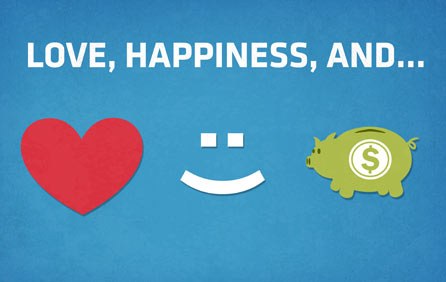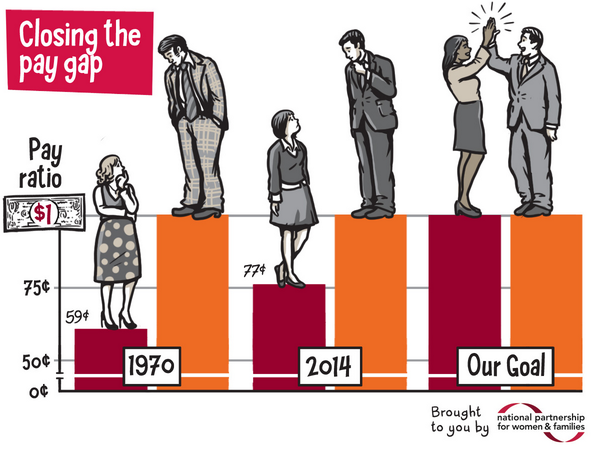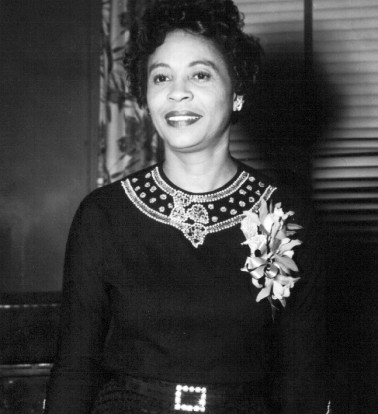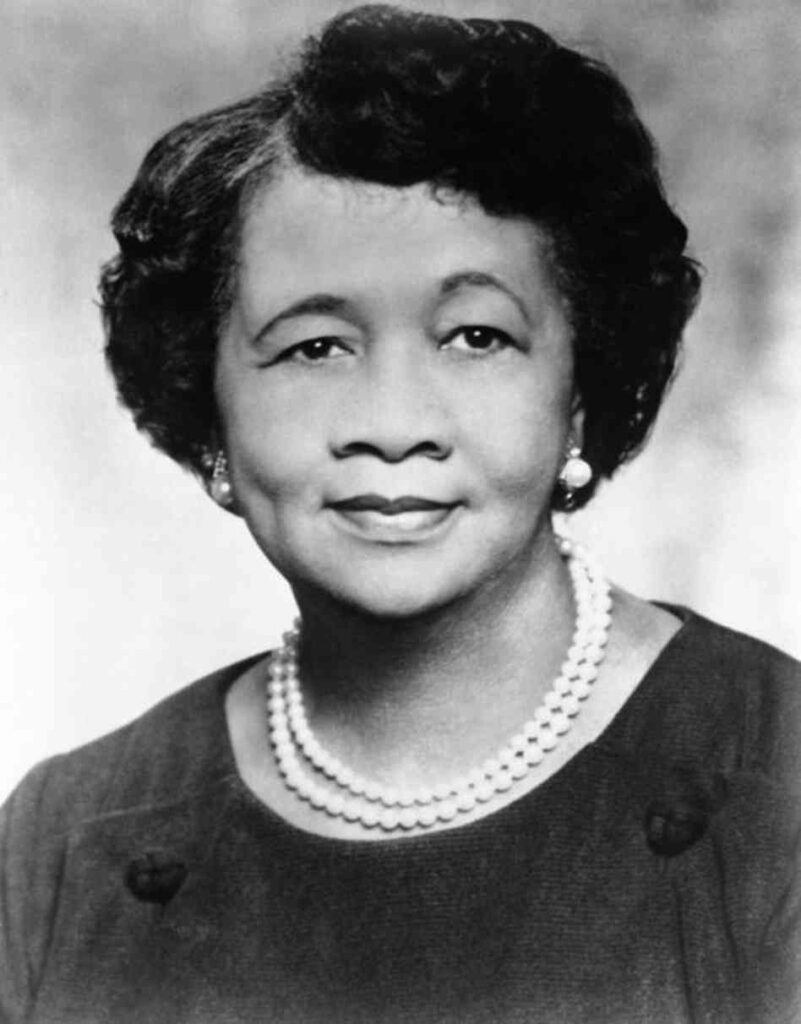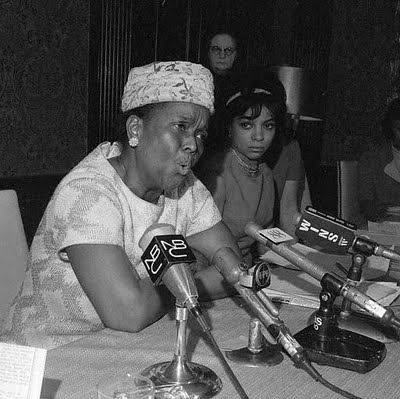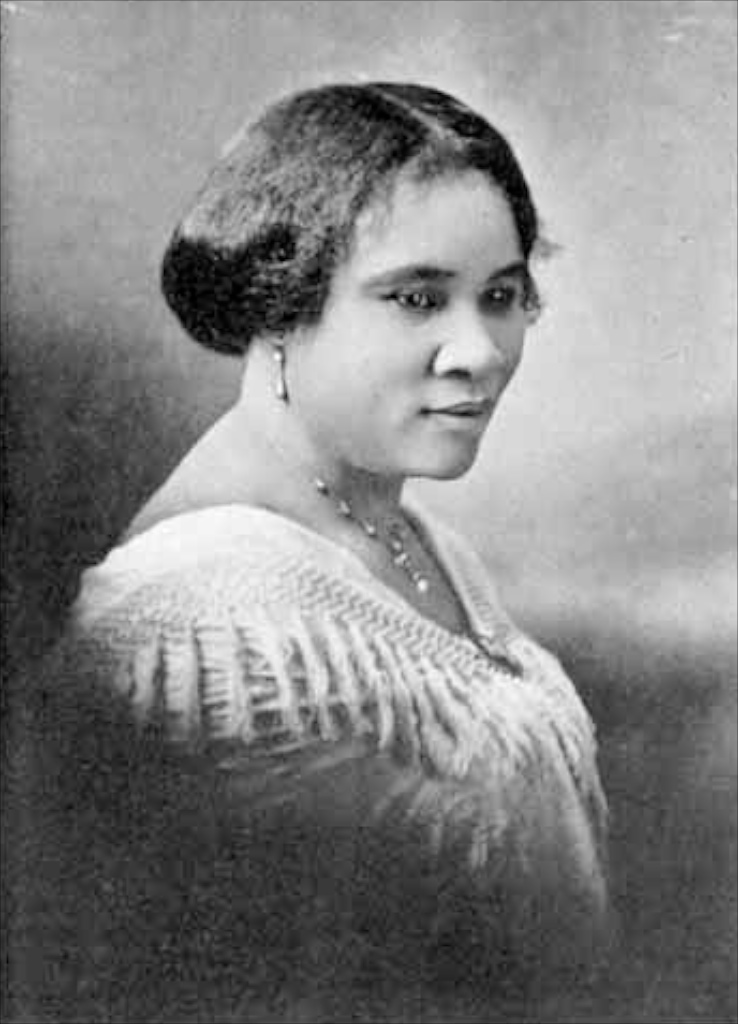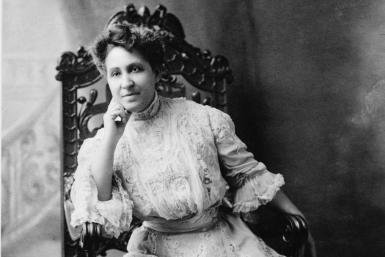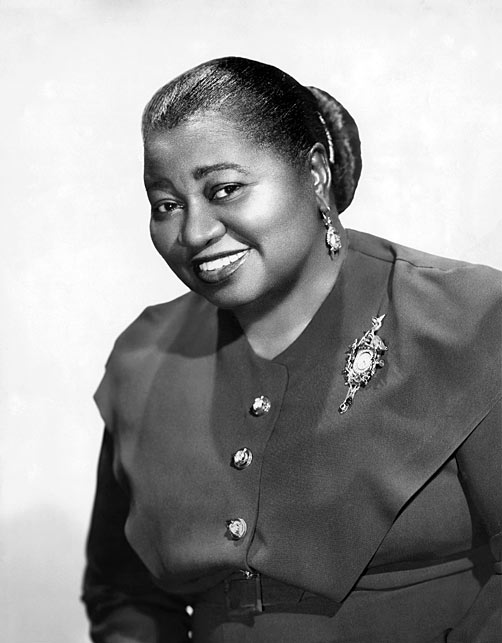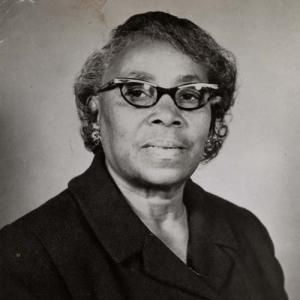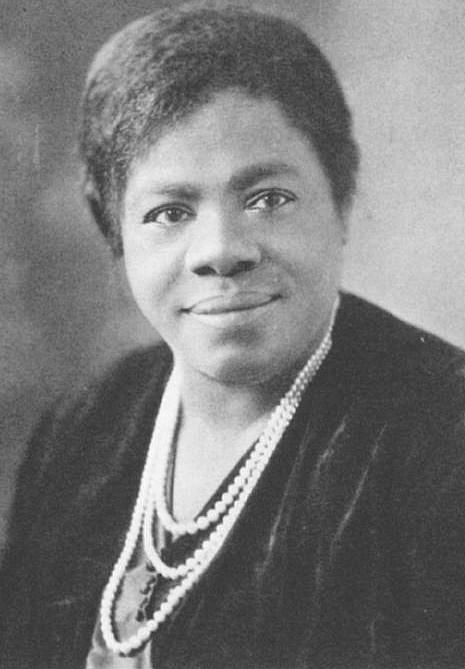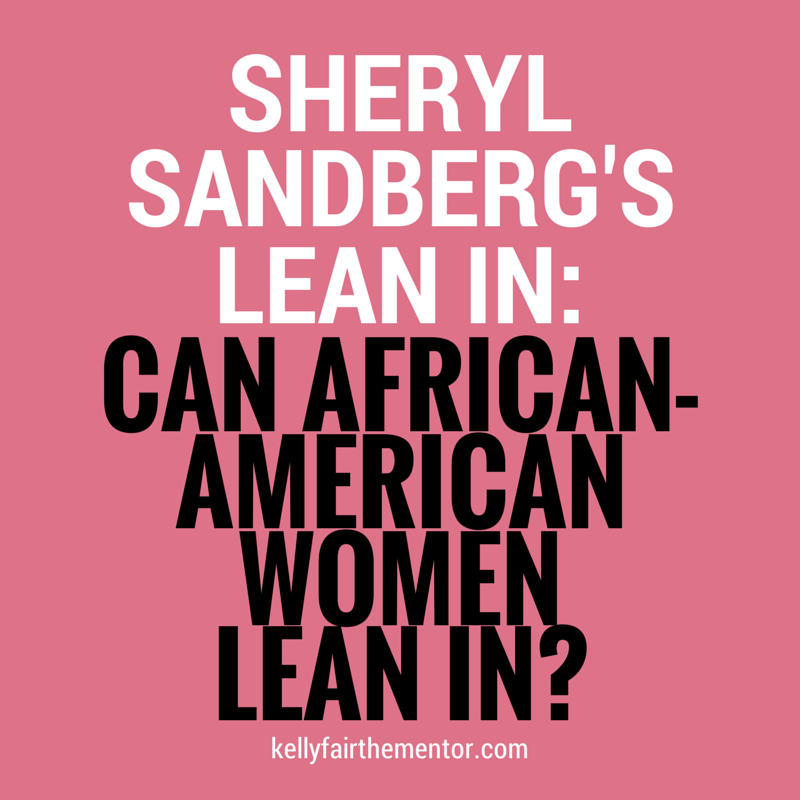Recently on Polished Pebbles, we have been sharing with you our Monthly Giving Program. It is an opportunity to support our Girls Mentoring Program by providing resources for our girls–journals, sweaters, transportation, and job shadowing experiences. We advertise that through this Giving Program you can support our young women for less than a cup of coffee a day! Now, this isn’t done to guilt any one of you (that’s the last thing we want our supporters to feel). We just want you to know that it doesn’t take big contributions to support us or our girls. Every cent counts and every cent can affect your happiness!
People who spent money on other people got happier. People who spent money on themselves, nothing happened. It didn’t make them less happy, it just didn’t do much for them. And the other thing we saw is the amount of money doesn’t matter that much. So people thought that 20 dollars would be way better than five dollars. In fact, it doesn’t matter how much money you spent. What really matters is that you spent it on somebody else rather than on yourself. (Michael Norton)
Take a listen to Michael Norton to learn more about the link between money and happiness.
[ted id=1427 lang=en]

